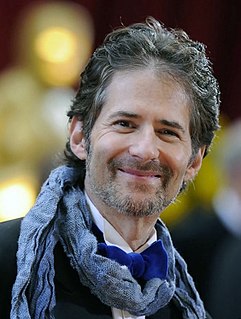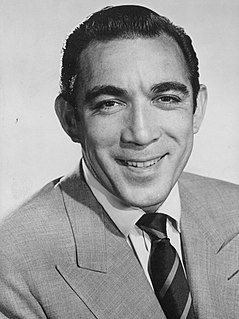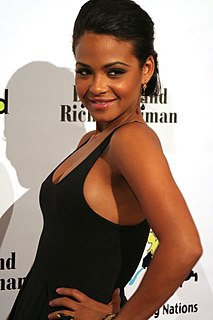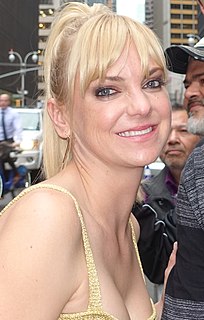A Quote by James Horner
I think very abstractly when I'm writing. Then, as the project moves on, it becomes more like sculpting.
Related Quotes
Science starts with preconception, with the common culture, and with common sense. It moves on to observation, is marked by the discovery of paradox, and is then concerned with the correction of preconception. It moves then to use these corrections for the designing of further observation and for more refined experiment. And as it moves along this course the nature of the evidence and experience that nourish it becomes more and more unfamiliar; it is not just the language that is strange [to common culture].
As you get drawn more and more into other activities, like political activities, very demanding, you have to find different rhythms of writing; I think that's the word I'm looking for, rhythms of creativity which then, of course, become very intense. I think your writing then tends to be very intensified simply because there are other demands which seem equally important.
The writing process is more... it becomes a case of more like a diary for me. I mean, I write stuff down all day whenever I'm experiencing something that I think would be important for me to look at later on. You know, whether it be for writing lyrics or just for a memory, like, 'Oh, my gosh, I can't believe I was feeling that way at that time'.
Sometimes you think, "Oh man, this is going to be a fantastic movie," and then when you see it put together, you're like, "Oh, huh. Well, that didn't turn out quite the way I thought." Sometimes you think you're part of a project and it isn't that great, and then it sort of becomes a pleasant surprise. But I think there's just too many elements that affect the tone of a movie, so I think even for a director, it may be hard to gauge that.
I start out to write five days a week, and then it runs to six days and finally seven. Then, eventually, that wave of weariness overwhelms me and I don't know what's the matter. That is, I know but I won't admit it. I'm just tired from writing. As you get older, writing becomes harder. By that I mean you see so many more potentialities. Things like transition used to trouble me. But not any more. When I say it's harder, I'm not talking about facility. You learn all the so-called tricks, but then you don't want to use them.
You create a blueprint of your best performance, and you're happiest the night you surpass that blueprint. That won't happen that often, but it will happen. It's like sculpting: you keep refining. When you have a piece that is yours, that is just you, that becomes obsessive; you think about it all the time.
The notion of "humanity" as a form of transcendence derives, I think, from the conviction that intellectuality possesses an absolute power, from the demand that our best behavior depends on our ability to think abstractly, in terms of a universal rule, about something called humanity, that we need to understand humanity abstractly so that we can act responsibly towards those who represent it.
Writing is the basis of all, because creating something that didn't even exist before is like taking an empty canvass. It is a wonderful thing to make something out of nothing. You've got an empty page, you've got an idea, and then you start typing and that is the most thrilling thing of all. And then if it becomes a movie or something else that's a plus, but the original writing of it is what's very exciting.
When I'm writing, especially when I'm writing in first person, I don't think about the characterization, or how they are going to express themselves, I just express my own approach to these things. I think most writers can never divorce themselves from their private lives and personas; they are the ones that are writing. And the more they remove themselves from their own persona, the more, perhaps, mechanical the work becomes.








































